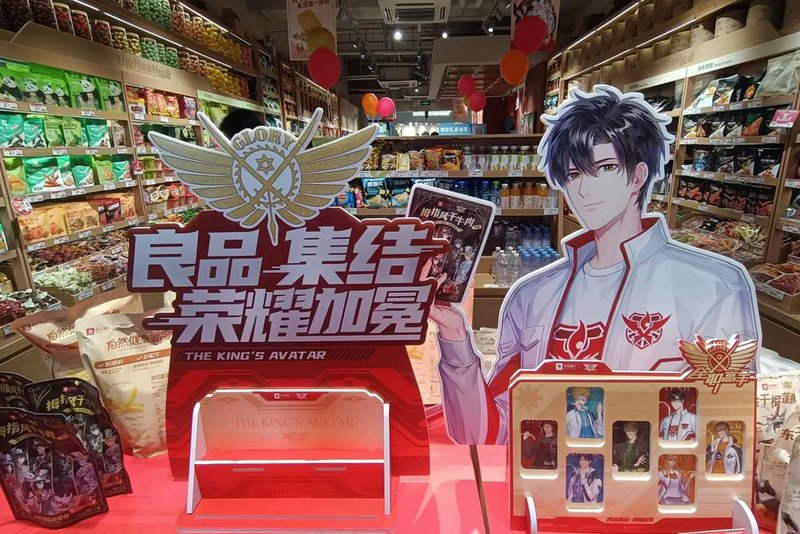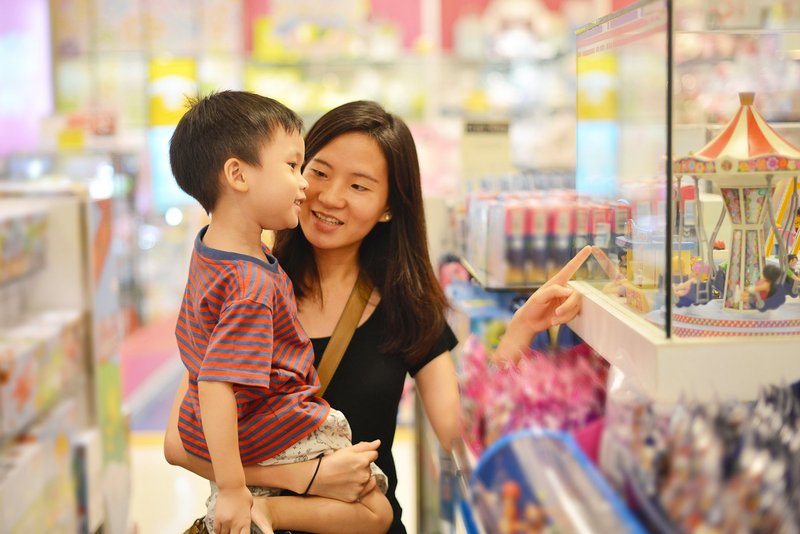
Geopolitische Risiken für die Spielzeugbranche
A commentary by Steve Reece
The Toy business does not live and work in a bubble. We are influenced and impacted by what is going on in the world around us. Which today means that those working in the Toy industry are faced with a more complicated macro environment, in which many international norms we had come to take for granted are being challenged and this is in turn increasing risks of disruption for our businesses.
War in Europe
The first major geopolitical disruption we have had to come to terms with is the reintroduction of catastrophic mass warfare onto the European continent for the first time in several generations. The Russian war of aggression in Ukraine has had the immediate effect of effectively shutting off a significant domestic Toy market in Russia to many western countries. One major stock market listed Toy company reported a reduction in revenues of more than $100m due to their pulling out of the Russian domestic market.
Additionally, there was an upsurge in demand for close to Europe Toy manufacturing coming out of the COVID-19 induced shipping crisis which saw container shipping rates increase exponentially. Eastern European countries host a few mass market-oriented Toy factories, but labour sources prior to the Russian conflict in the Ukraine were primarily Ukraine and Moldova due to low labour costs in those countries. The change in society and economies towards a war state has clearly limited available labour.
European Politics, Brexit and impact on the toy business

As such, aside from the horrible humanitarian impact of this conflict, it has also disrupted the European toy manufacturing sector. Following the UK’s ignominious exit from the European union, the impact of that on the Toy business has not been catastrophic thus far. Most Toy companies who were supplying the European mainland from UK warehousing have set up new facilities in Belgium or The Netherlands primarily, and business goes on. Sending samples across the pond is more bureaucratic, but otherwise the Brexit debacle seems to have only lightly touched the Toy business thankfully.
War in the Middle East
Conflict in the middle east is sadly not unusual, but the current conflict in and around the middle east has the potential for much broader conflagration. There is undoubtedly significant local impact for Toy companies based in the region. The primary impact for the broader Toy trade is the disruption to shipping through the Suze canal. Those ships avoiding passing under the gaze and missile sights of the Houthi’s in Yemen have to take the much longer route via the southern tip of the African continent. At this stage, it seems unlikely that the threat to shipping will desist until and unless peace comes to the middle east. The cost impact has not been so severe as it was during the Covid induced shipping container crisis, but freight rates and shipping times have increased. Hopefully inventory will not be delayed, because as we know, stock needs to be in market at the right time.
U.S.-China tensions and supply chain disruption
The major global theme in geopolitical tensions affecting the Toy business is the fraught relationship between the U.S. and China. The U.S. once viewed China as a developing nation with great potential to co-operate with the western world. Things have turned sour over the last decade or so as China has sought to exert her considerable power to defend her interests. And the U.S. has changed their view towards China from being co-operative partner to being a major competitor, even now regarding China as an adversary in some political circles.
The interplay between risk and reality

The vast majority of Toys are still produced in China. Available current data is limited, but various sources have suggested China’s share of global Toy manufacturing is still 80% plus. Therefore, any tensions between the U.S. and China are of obvious interest and concern for those of us working in the world of Toys. Major retailers in the U.S. are now heavily pressuring their suppliers to diversify their production outside of China. They perceive the risk of a greater conflagration or an elevation in tensions between the two great nations. Stock market listed companies hate to disappoint the markets, as such they spend more time worrying about risk. There is a risk of extended tariffs or even the threat of sanctions if tensions in the Taiwan Strait should lead to actual conflict. The problem for those mass market retailers who are so critical to the Toy business is that risk is as much of a problem as reality sometimes.
China's lead in toy production
The challenge for the Toy business is that while other nations will inevitably rise and increase their share of Toy manufacturing, there is no full alternative to China. The knowledge and expertise in China are unrivalled, the industrial capacity geared up for Toy production is on a scale far beyond even the best imaginations in other countries. And the deep relationships Toy companies have with their factories in China has taken decades to build.
The last time Mr. Donald Trump was President of the USA, his administration put heavy pressure and tariffs on China to combat what he believed to be unfair trading practises. Should Trump reach the White House again in the upcoming presidential elections, it seems unlikely that he will ‘volte-face’ on his attitude and actions towards China. As yet it is not clear how a newly elected President Kamala Harris would deal with the USA’s fractious relationship with China. Either way, there can be no doubt that the Toy industry should be keeping a close eye on what happens in the development of relations between these two mighty global powers.
Keeping an eye on the world
The world in which the Toy sector operates has changed significantly in recent years. The single super power moment has seemingly passed, and the world is full of geopolitical tension, friction and sadly even conflict again. Every decision must now be viewed through the filter of an updated world view. The ‘ostrich in the sand’ approach is unlikely to be successful, whether we want to adapt to the new world or not, the new world will force change on us. Keeping an eye on geopolitical trends and happenings should now be part of the remit of all Toy company leaders.
About the author:
Steve Reece has been in the toy industry for 25 years. He started out at Hasbro where he was responsible for the brand management of key brands such as Monopoly, Play-Doh and Trivial Pursuit. He now runs a consultancy called Kids Brand Insight, which helps toy suppliers to build robust and diversified supply chains and find the right staff.




